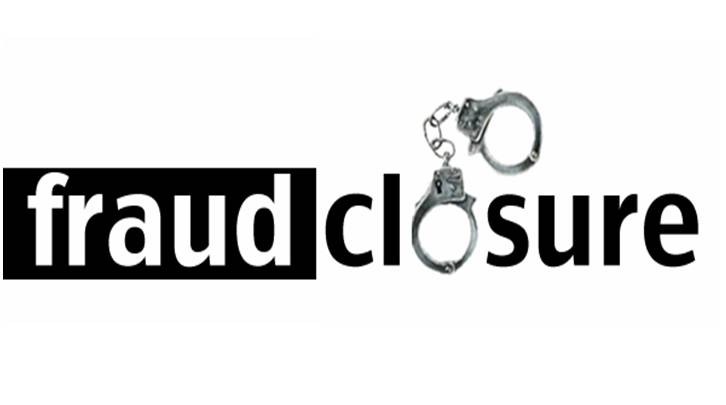Foreclosure Process is ‘Utterly Broken’
A recent study of San Francisco home foreclosures found widespread irregularities in almost all the home seizures scrutinized. The report, commissioned by San Francisco Assessor-Recorder Phil Ting, was prepared by Aequitas Compliance Solutions Inc. of Newport Beach.
Company partner Lou Pizante conducted the study. He explained its findings …
Us: What did your report show?
 Lou: We reviewed about 16% of all foreclosure sales that occurred in San Francisco from 2009 through 2011. The audit shows that 99% of the sampled foreclosures contain at least one irregularity and 84% appear to contain one or more clear violations of law.
Lou: We reviewed about 16% of all foreclosure sales that occurred in San Francisco from 2009 through 2011. The audit shows that 99% of the sampled foreclosures contain at least one irregularity and 84% appear to contain one or more clear violations of law.
Us: What were the key problems identified in your report?
Lou: We looked at six general subject areas, including assignments (which relate to chain of title), notices of default and trustee sale and suspicious activity (like robo-signing). The report, which you can download from the Aequitas website, explains these things in laymen terms. Within each subject area, we looked at a variety of issues.
Two-thirds of the loans had four or more exceptions and more three-quarters of the loans had violations across three or more of the six subject areas. In other words, this was not a case of most of the loans having one irregularity. Most of the loans had many irregularities across different stages of the foreclosure process.
We also compared the MERS database to public records. MERS was created by the mortgage industry as, essentially, an alternative to the public land records system. It is an electronic registry for tracking ownership interests and servicing of mortgage loans. We found that in 58% of the cases the beneficial owner of loan as entered on the trustee’s deed upon sale conflicted with the owner of the loan according to the MERS database.
Us: Weren’t most of these homeowners likely to lose their homes to foreclosure anyway? Why does this matter?
Read the rest here…
~


February 20, 2012
Dears Sirs:
On January 5, 2012, my home of thirty-fours was sold at auction by Wells Fargo Home Mortgage in Yreka, CA. In May of 2011, I responded to an ad on the internet by All State Law Group-(ASLG) advertising “government backed Home Mortgage Loan Modifications”. The reason I reponded to this ad was that I retired from AT&T in April of 2010. My monthly income was cut by more than half and I needed my monthly mortgage payment reduced.
I sent All State Law Group, via wire transfer thirty-five hundred dollars for services in obtaining a loan modification.
Since I did not receive a loan modification and lost my home in foreclosure, I feel I was not properly represented by ASLG and also feel the Wells Fargo Home Mortagage department of Wells Fargo Bank delayed the processing of documents needed for a home loan modification. Wells Fargo kept requesting revisions of documents that I had already revised for them. I was faxing documents to Wells Fargo up to the day and time of the sale date trying to postpone the sale of my home.
I am having a hard time understanding how I lost my home when all I was trying to do was have my monthly mortgage payment reduced in order to stay in my home?
I want my home back!
Do I have any legal rights left concerning my situatation? Where do I go to seek legal advise?
Thank you,
Gary C. Hopkins
Email-gchop@sbcglobal.net
Barry Fagan v Wells Fargo Bank Re REQUEST for JUDICIAL NOTICE of a RELATED CASE:REPORT Office of the Assessor-Recorder San Francisco Report as Sponsored by Phil Ting Assessor-Recorder for San Francisco Entitled Foreclosure in California a CRISIS OF COMPLIANCE
http://www.scribd.com/doc/82105072/Barry-Fagan-v-Wells-Fargo-Bank-Re-REQUEST-for-JUDICIAL-NOTICE-of-a-RELATED-CASE-REPORT-Office-of-the-Assessor-Recorder-San-Francisco-Report-as-Sponsor